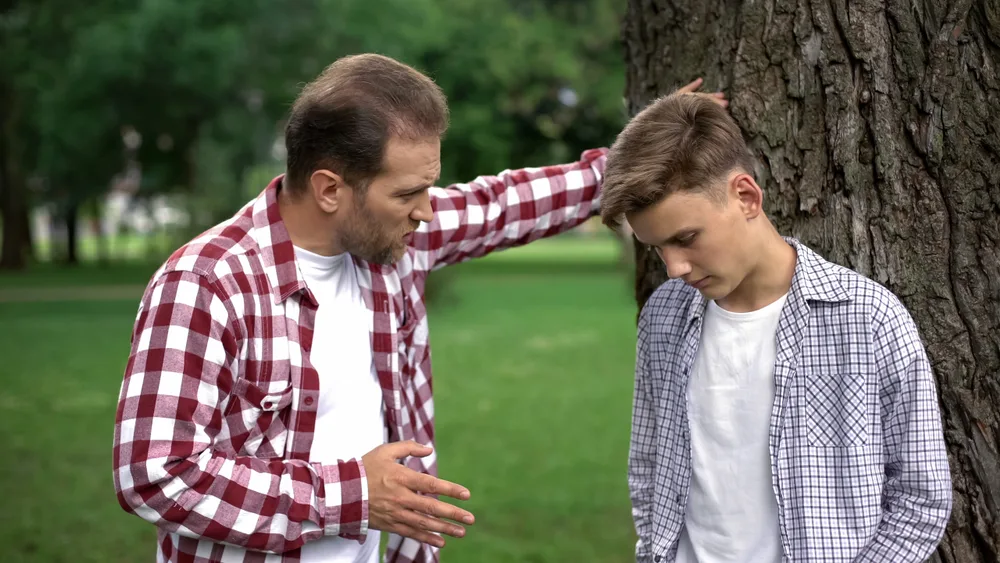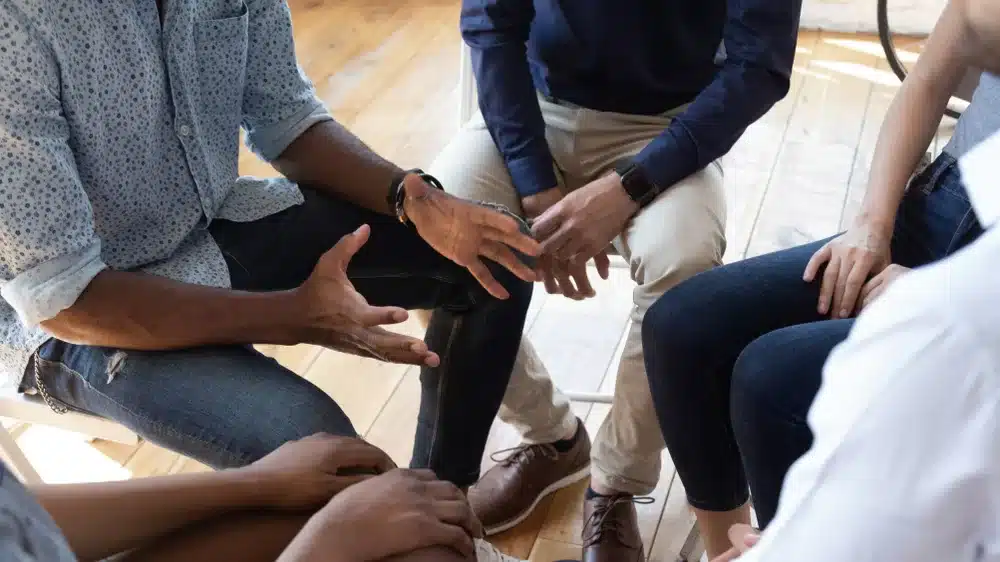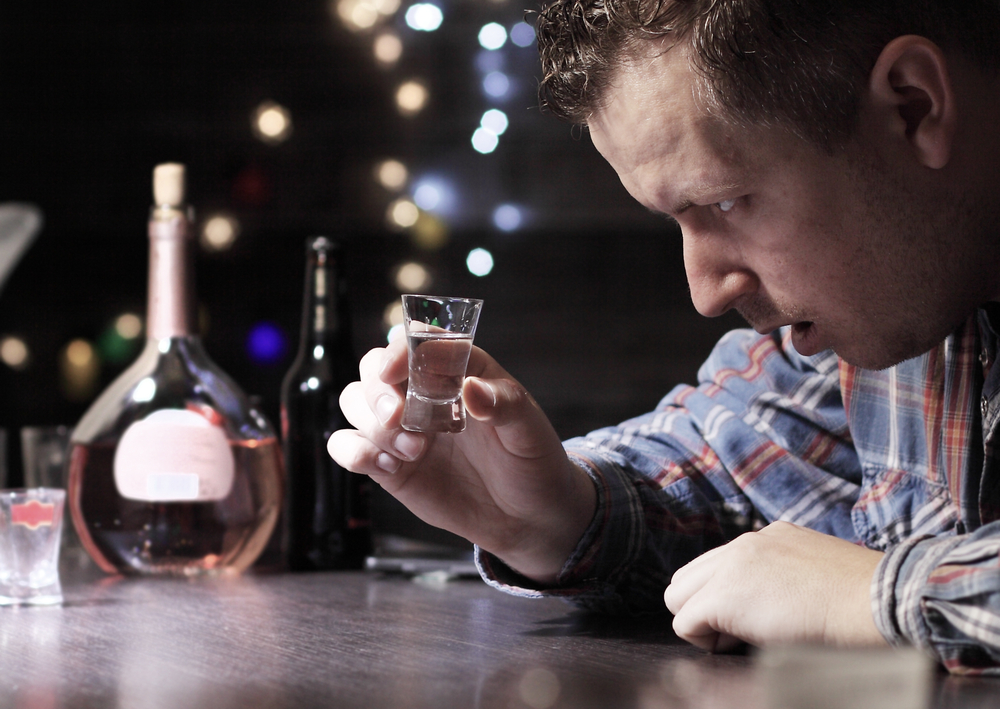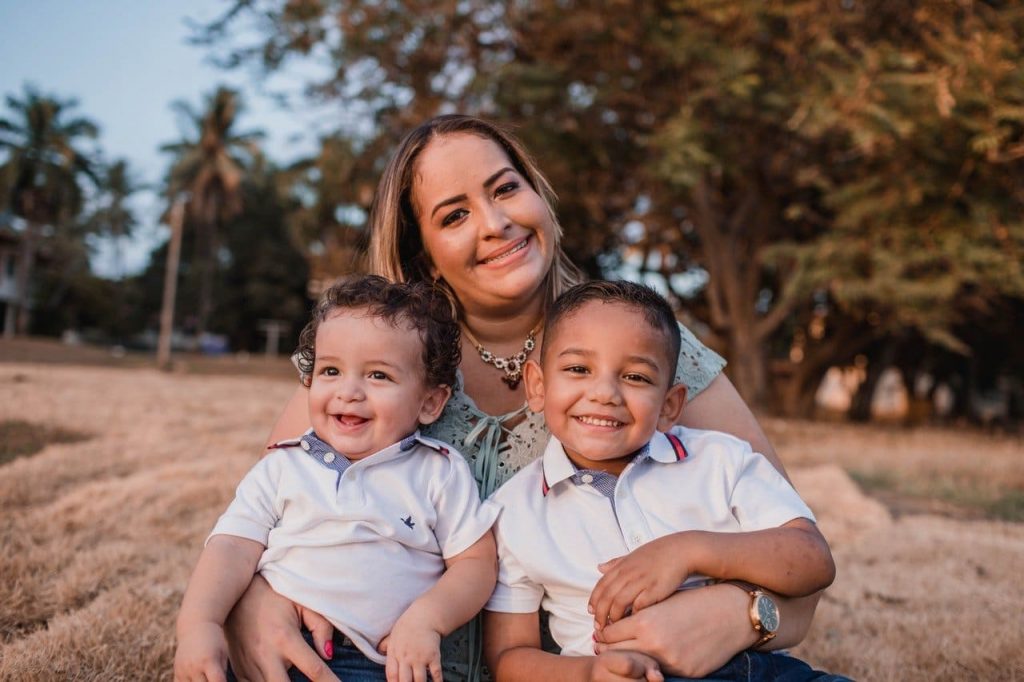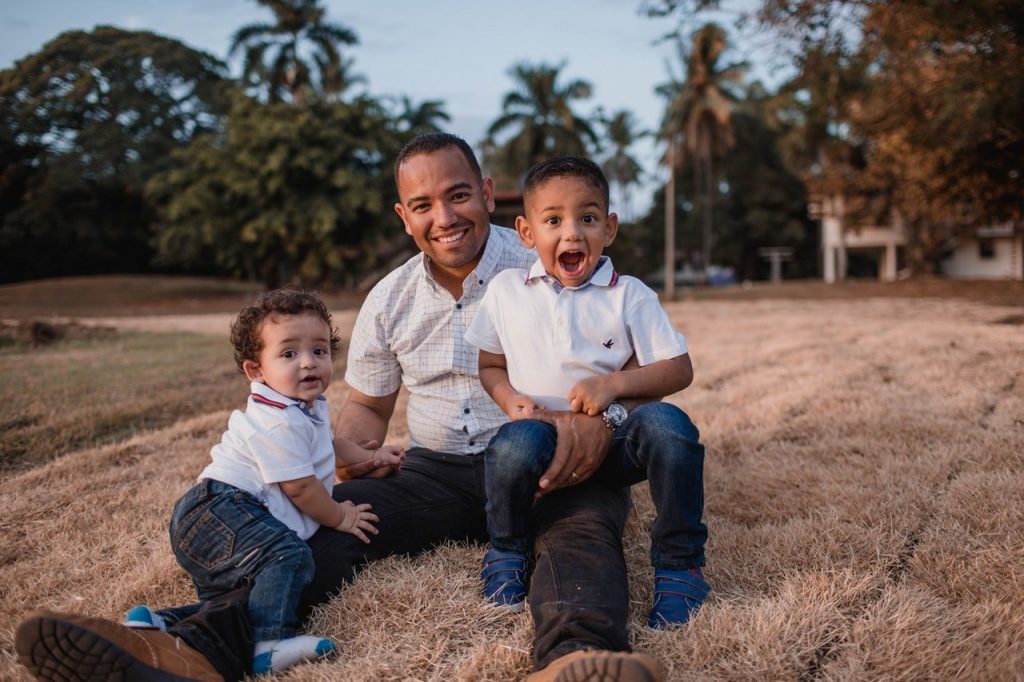Breaking the Cycle: How Addiction Affects Future Generations
You’ve probably heard people say, “The apple doesn’t fall far from the tree.” It’s often about physical traits or quirks—like having your mom’s smile or your dad’s stubborn streak. But it also applies to things we don’t always talk about, like how addiction affects future generations.
Addiction often has deep roots in a family’s history. If your family history includes substance use disorders, you’re at a higher risk of developing them yourself. Why? It’s partly genetic and partly environmental.
On the genetic side, research shows that some people are more vulnerable to drug addiction due to inherited traits that affect how their brain responds to substances. But it’s not just biology—what you see growing up also plays a huge role. If your family members struggled with substance use disorders, you might have grown up in an environment where drug or alcohol use seemed “normal” or even as a legitimate way to cope with stress.
When these patterns go unaddressed, they don’t just affect you—they affect future generations.
Family Dynamics and Emotional Patterns
Your family dynamics shape your understanding of emotions, relationships, and challenges. If addiction was part of your family environment, it likely caused emotional instability or even trauma. For example:
- Codependency: You might have learned to prioritize someone else’s needs over your own, especially if a parent or close relative struggled with addiction.
- Conflict avoidance: If family fights often centered around addiction, you might have learned to avoid confrontation entirely.
- Unhealthy coping mechanisms: If family members used substances to manage stress or emotions, you may have adopted similar behaviors.
These learned behaviors often follow a generational cycle of addiction, where emotional wounds and unhealthy habits are unintentionally passed down to children.

Environmental Factors and Addiction’s Impact on Families
It’s not just genetics or behavior—it’s also about the environment you grew up in. Living in a household where addiction is present creates stress and unpredictability. Children in these homes often experience neglect, anxiety, or even abuse, which increases their risk of mental health disorders or substance use disorders later in life.
The pressure to keep the family functioning often falls unevenly on different age groups. For example, older siblings might take on a caretaker role, while younger ones may act out to seek attention. These dynamics reinforce unhealthy roles that can persist into adulthood, further contributing to the history of substance abuse in the family.
Inherited Behavioral Patterns Across Generations
Behavioral patterns, like how you handle stress or conflict, are often modeled by parents and caregivers. If addiction was part of your family’s story, you may have learned these patterns without even realizing it. For instance:
- If you saw family members using substances to relax after a hard day, you might subconsciously adopt similar habits.
- If emotional problems were ignored or dismissed, you might struggle to address your feelings, turning instead to unhealthy coping mechanisms.
Over time, these inherited behaviors create a ripple effect. They don’t just impact you; they shape how future generations navigate life. Without intervention, these cycles can continue indefinitely.
Breaking the Cycle of Addiction with Evidence-Based Treatments
The good news is that with the right support and evidence-based treatments, it’s absolutely possible to break the cycle of addiction and create a healthier future for yourself and your family.
How CBT Helps Break the Cycle
Cognitive Behavioral Therapy (CBT) is one of the most effective tools for treating substance use disorders. Why? Because it focuses on changing the thought patterns and behaviors that keep addiction alive.
Here’s how it works:
- Identifies triggers: CBT helps you recognize the situations, emotions, or environmental factors that lead to substance use. For example, if stress at work or unresolved family conflict is a trigger, CBT helps you develop healthier ways to cope.
- Builds healthy coping mechanisms: Addiction often develops as a way to deal with pain or stress. CBT teaches practical tools for handling these challenges without turning to drugs or alcohol.
- Prevents relapse: One of the biggest benefits of CBT is its focus on preventing relapse. You’ll learn strategies to stay on track even when life gets tough, like how to manage cravings or avoid high-risk situations.
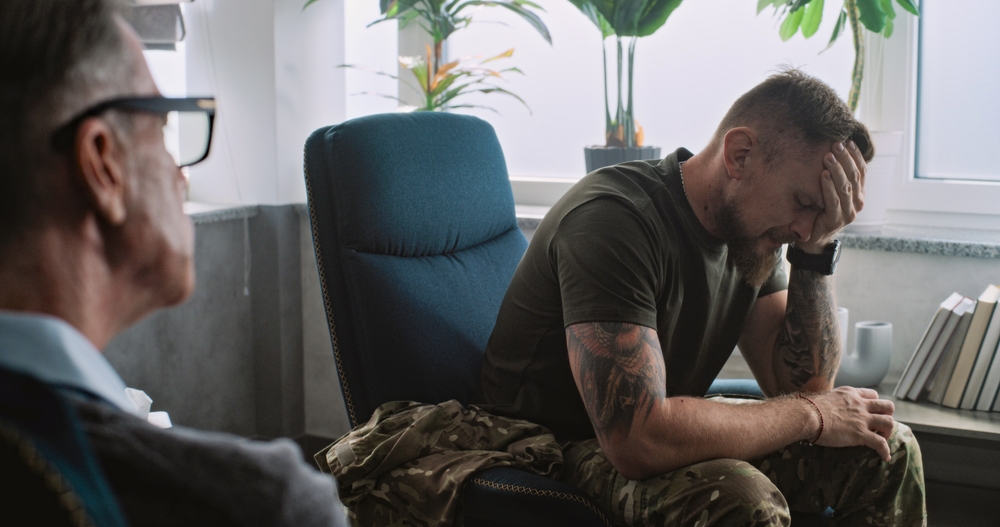
The Role of Family Therapy in Addiction Treatment
Addiction doesn’t happen in isolation—it affects the entire family. That’s where family therapy comes in. This treatment focuses on improving communication, resolving conflicts, and addressing the underlying issues that contribute to addiction.
Here’s what makes family therapy so powerful:
- Addiction often creates tension and mistrust between family members. Family therapy provides a safe space to rebuild those connections and establish healthier boundaries.
- If addiction has been present in your family for years, therapy helps identify how environmental factors and learned behaviors contribute to the cycle. This awareness is key to creating lasting change.
- Family members learn how to support their loved ones in recovery without enabling harmful behaviors. This support can make a huge difference in helping someone stay committed to treatment programs.
Why Community Support is Critical
While therapies like CBT and family therapy are essential, recovery doesn’t end there. A strong support network is just as important. Groups like Narcotics Anonymous provide a space to connect with others who understand what you’re going through.
NA meetings offer:
- Peer support for navigating the challenges of recovery.
- Accountability to help you stay on track.
- A sense of belonging that reminds you you’re not alone in this journey.
Combining evidence-based therapies with community support is a powerful way to stay committed to your recovery and prevent relapse.
Why Evidence-Based Treatment Works for All Age Groups
One of the best things about these addiction treatment approaches is that they can work for anyone, no matter their age or background. Whether you’re a young adult trying to overcome early substance use or a parent wanting to break the cycle for future generations, these treatments meet you where you are.
By focusing on both the individual and their environment, evidence-based treatments help you address the root causes of addiction while equipping you with the tools to build a healthier life.
Ready to Break the Cycle?
Addiction is tough, but it doesn’t have to define your family’s story. With evidence-based approaches and support from groups, you can overcome the challenges of addiction and have a brighter future for you and your loved ones.
If you’re ready to take that first step, More Than Rehab is here to help. We can help you break intergenerational trauma and addiction so you can heal and thrive.

